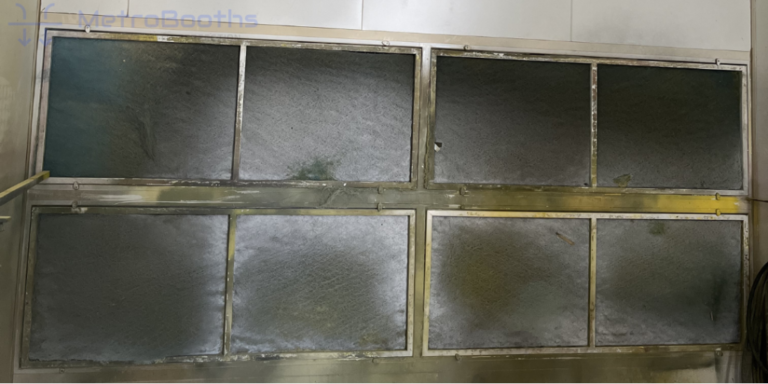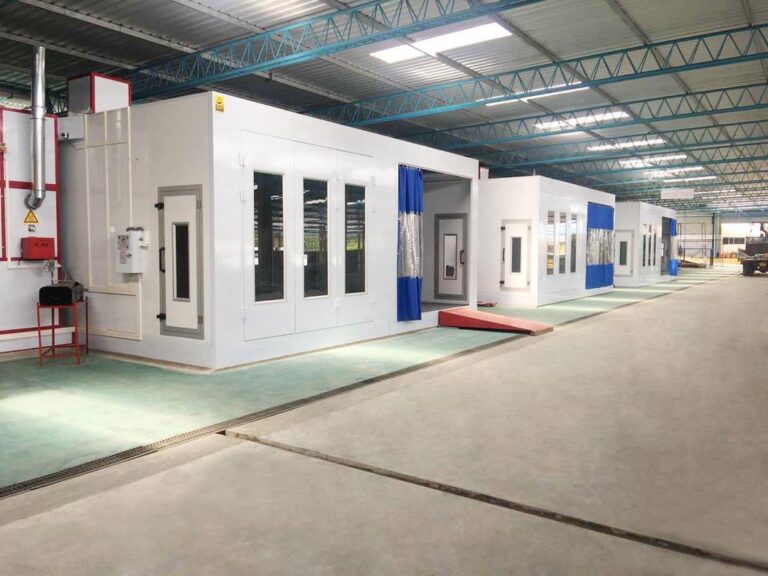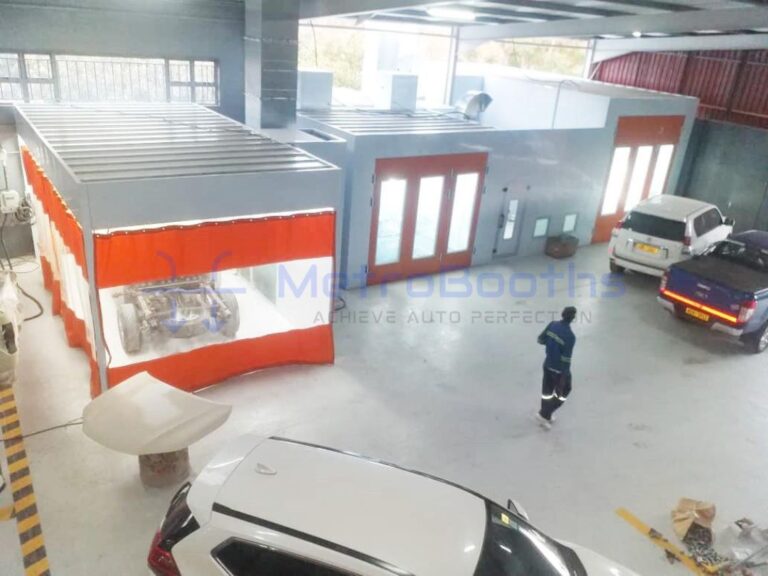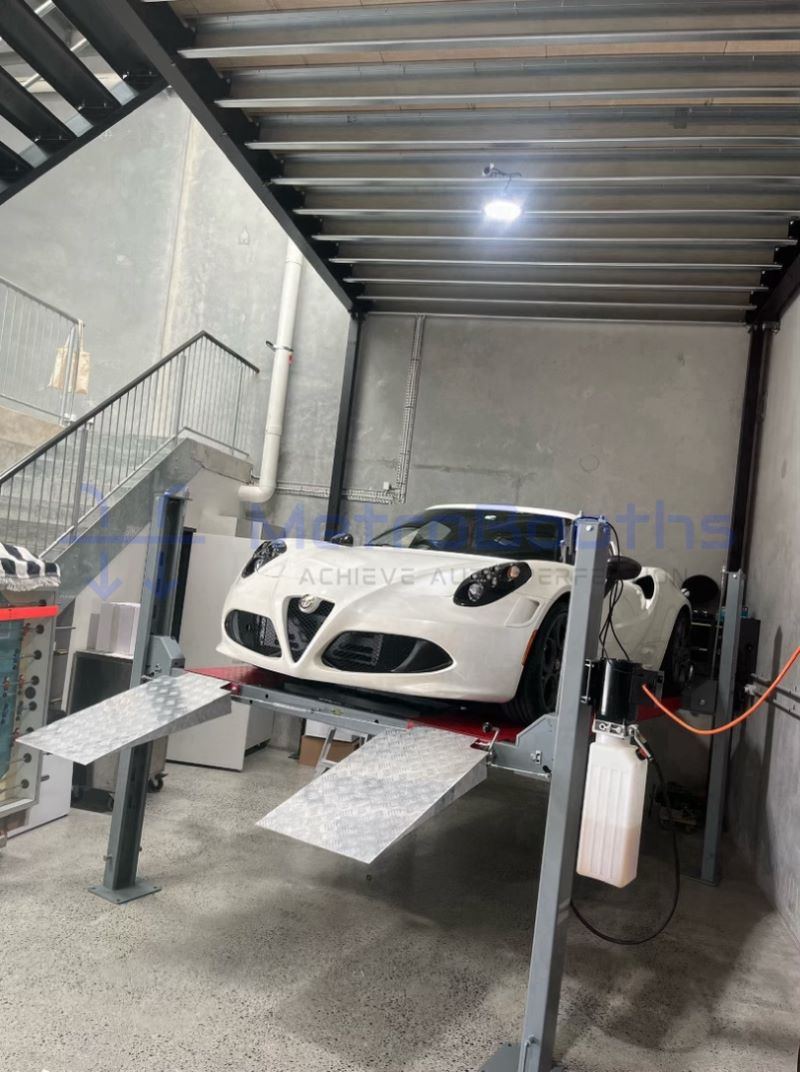
Essential Guidelines Before Installing A Car Hoist
Want to install a car hoist in your garage? You need to make sure your concrete floor is up to the task. A solid foundation is key for safety and proper function.
Most car hoists require a concrete slab at least 100mm (4 inches) thick. This thickness helps spread the load and prevents cracking or sinking. Some heavier duty hoists may need thicker slabs up to 150mm (6 inches).
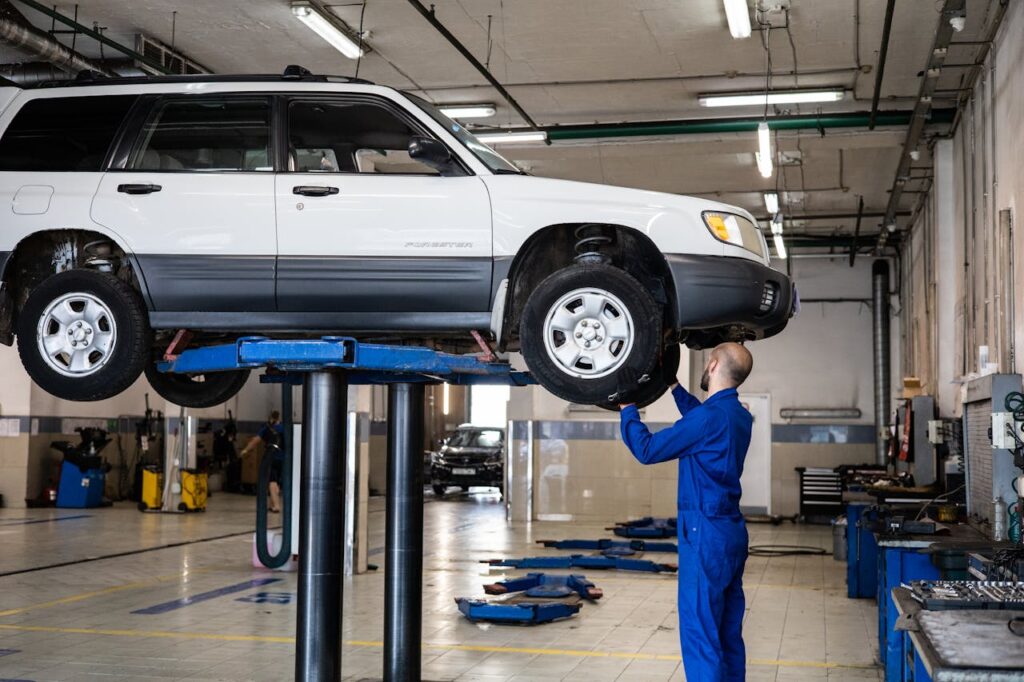
Determining the Appropriate Thickness for Your Concrete Floor
The thickness of your concrete floor is crucial for safely installing a car hoist. Several factors come into play when deciding the right depth for your slab.
Understanding the Load Capacity Requirements
Car hoists put a lot of stress on concrete floors. You need to know how much weight your floor will need to hold. This includes the weight of the car and the hoist itself.
A typical passenger car weighs about 1,500 to 2,000 kg. The hoist can add another 500 to 1,000 kg. You should also factor in extra weight for safety.
For most home garages, a concrete thickness of 100 mm to 150 mm is often enough. But if you plan to lift heavy vehicles, you might need a thicker slab.
It’s smart to talk to a structural engineer. They can help you figure out the exact thickness you need based on your specific situation.
Car Hoist Specifications and Impact on Floor Thickness
Different types of car hoists have different needs. Two-post lifts and four-post lifts are common choices for home garages.
Two-post lifts put more pressure on specific spots. They usually need a thicker slab, often around 150 mm or more.
Four-post lifts spread the weight out more. They can often work with a thinner slab, around 100 mm to 125 mm.
Check the hoist manufacturer’s guidelines. They usually specify the minimum concrete thickness needed for their product.
Remember, these are just starting points. Your specific needs might be different based on your garage and the cars you’ll be lifting.
Concrete Strength and Reinforcement Options
The strength of your concrete is just as important as its thickness. Stronger concrete can be thinner and still do the job.
For a car hoist, you’ll want concrete with a compressive strength of at least 25 MPa. Some experts recommend up to 32 MPa for heavy-duty use.
Reinforcement is key. Steel mesh or rebar can make your concrete floor much stronger. This lets you use a thinner slab while still supporting heavy loads.
For most home garages, SL82 mesh is a good choice. It’s strong enough for most car hoists but not too expensive.
If you’re worried about cracks, you can add fibres to your concrete mix. This helps prevent small cracks from forming and spreading.
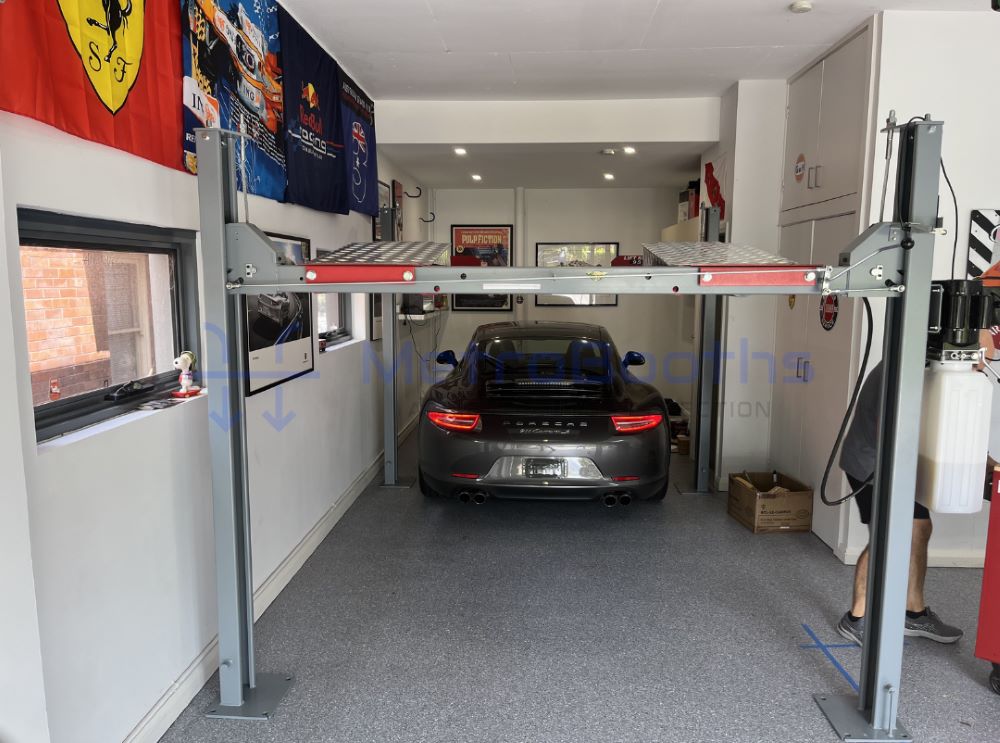
Installation Considerations for Car Hoists
When installing a car hoist, proper site preparation and ongoing maintenance are key. You’ll need to focus on concrete requirements and floor care to ensure safe, long-lasting operation.
Site Preparation and Concrete Pouring Techniques
Before installing your car hoist, check that your concrete floor meets the needed specs. Most hoists require a slab at least 100mm thick, made of 3000 PSI concrete. The slab should be level and free of cracks.
For new pours, use steel reinforcing mesh and allow the concrete to cure for at least 28 days. Make sure the pour area is larger than the hoist footprint.
Avoid putting the hoist on expansion joints or weak spots. If you’re unsure about your floor’s strength, get a pro to check it out.
Post-Installation Floor Maintenance
After installing your hoist, keep an eye on the concrete around it. Look for cracks, chips, or signs of stress. Fix any issues quickly to prevent bigger problems.
Clean up oil and fluid spills right away. These can weaken the concrete over time. Use mats under the lift arms to protect the floor from wear and tear.
Check the anchor bolts regularly to make sure they’re tight. Loose bolts can damage the concrete and make the hoist unsafe.
Consider sealing the concrete to guard against stains and moisture. This can help your floor last longer and look better.
Frequently Asked Questions
Car hoist installation requires proper concrete thickness for safety and stability. Let’s look at some common questions about concrete requirements for different lift types.
What is the minimum concrete thickness required for a two-post lift?
For a two-post lift, the concrete slab should be at least 100mm thick. This depth provides enough strength to support the weight of vehicles and the lift itself. Always check the manufacturer’s specs, as some models may need thicker slabs.
What specifications should a concrete slab meet for a four-post hoist installation?
A four-post hoist typically needs a concrete slab that’s 100-150mm thick. The slab should be level and free of cracks. It’s best to have a professional assess your floor to ensure it meets the hoist’s requirements.
Can a car hoist be safely installed on a concrete floor less than 100mm thick?
It’s not recommended to install a car hoist on a floor less than 100mm thick. Thin slabs may crack or fail under the weight, posing safety risks. If your floor is too thin, consider adding a new layer of concrete to reach the proper thickness.
What is the recommended slab thickness for vehicle lift systems?
Most vehicle lift systems work best with a slab thickness of 100-150mm. This range suits both two-post and four-post hoists. For heavy-duty lifts or commercial use, you might need an even thicker slab.
How much weight can a 100mm thick concrete floor support for hoist operations?
A 100mm thick concrete floor can usually support the weight of most passenger vehicles and light trucks when used with a proper hoist. The exact weight limit depends on the concrete mix and reinforcement. Check with a structural engineer for specific load ratings.
What factors should be considered when calculating concrete thickness for heavy lifting equipment?
When figuring out concrete thickness for heavy lifting gear, think about:
- The weight of the heaviest vehicle you’ll lift
- The type of hoist you’re using
- The soil conditions under your slab
- Any extra loads from tools or equipment
It’s smart to get advice from us at Metro Booths, so we can help you asses your site and install the correct hoist.
Get A Free Quote
Contact us for a free, no-obligation quote on your Spray Booth needs.

